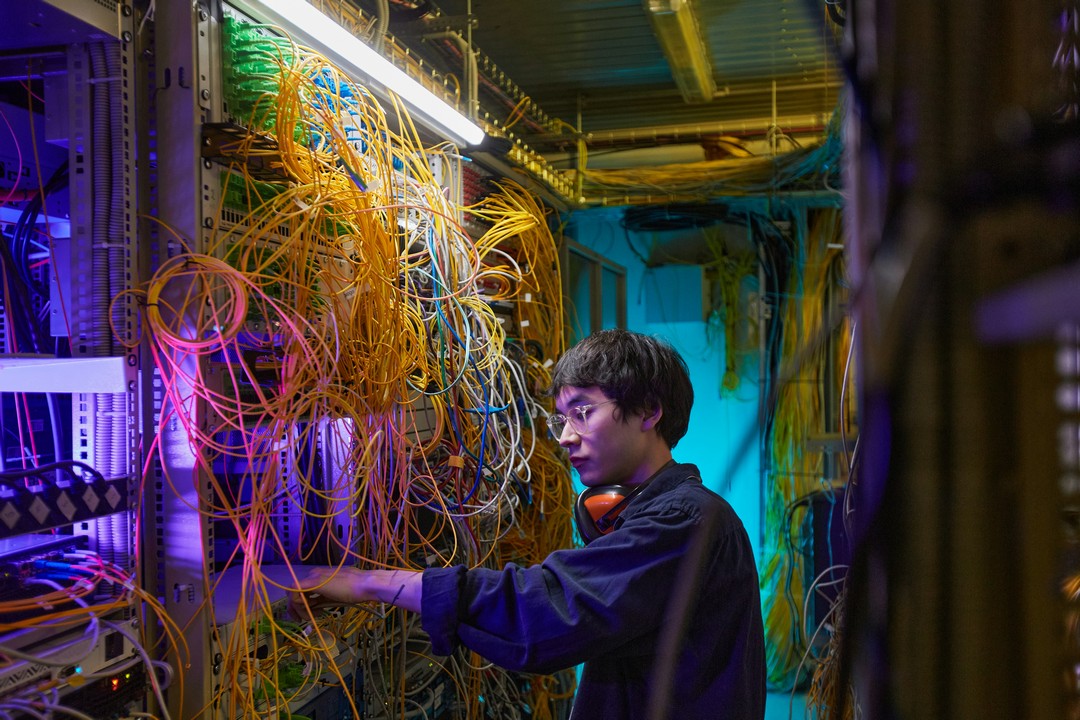
More than half (53 per cent) of companies globally that have set sustainability targets continue to rely on manual methods, such as spreadsheets and e-mails, to measure their progress, according to a survey by Alibaba Cloud last week.
This is despite the fact that 80 per cent of the survey respondents believe that adopting digital technologies such as cloud computing and AI will accelerate progress toward meeting sustainability goals.
In contrast, 48 per cent of Singaporean businesses use digital software, including cloud platforms, to measure progress—well above the global average of 38 per cent. This positions Singapore as a leader in adopting digital solutions for sustainability, the study suggests.
Singapore also ranks highest with a sustainability index of 91 per cent—which refers to the percentage of businesses who have set up sustainability targets in each of 13 markets surveyed. After Singapore is Germany at 89 per cent and Indonesia at 86 per cent.
For Singaporean businesses with sustainability targets, the key motivation for setting such targets include compliance with regulations (68 per cent), directives from their headquarters to contribute to global targets (53 per cent) and driving growth (53 per cent).
Almost all (98 per cent) said they have set emission reduction targets. However, only a third of these organisations have committed to net-zero commitments with science-based targets (SBTs).
Singaporean businesses face certain challenges in meeting their sustainability targets, such as inaccurate or overly ambitious set targets (31 per cent), technology limitations (30 per cent) and budget constraints (27 per cent). Insufficient internal capabilities to execute action plans further complicate efforts.
For those yet to set sustainability targets, time constraints, complex supply chains, and budget constraints are the key barriers to meeting sustainability targets.
“The survey findings underscore the urgent need for organisations to reassess their sustainability measurement methodologies and embrace advanced technological solutions like cloud-based platforms and AI services,” said Selina Yuan, president of international business at Alibaba Cloud Intelligence.
“These digital tools not only streamline the measurement process but also provide actionable insights that can drive meaningful progress for sustainability,” she added.
In recent years, Singapore’s Infocomm Media Development Authority (IMDA) has launched initiatives to encourage more sustainable practices and use efficient use of computing resources in the tech sector.
One initiative is the Green Computing Fund Initiative (GCFI), which will allocate S$30 million to research software that optimises energy efficiency.
IMDA is also partnering industry leaders like AWS and Singapore Institute of Technology, to develop green software with reduced energy use and IT costs.
So far, IMDA has identified nine digital solutions for sustainability under the Advanced Digital Solutions (ADS) programme.
These digital solutions in resource optimisation and carbon management allow companies to achieve productivity gains and cost savings, and gain access to new markets while reducing emissions.






